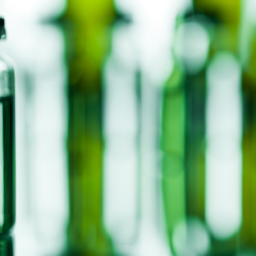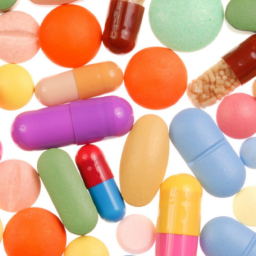On Wednesday, November 27, 2024, the District Court for Warszawa – Śródmieście in Warsaw issued a crucial judgment in the case of alcohol advertising on social media (ref. II K 488/23). This is the finale of a high-profile case involving three celebrities. The ruling is not yet final.
The Court adopted a very restrictive approach – although it pointed out that a public activity is one addressed to an unlimited number of anonymous persons, it considered that the narrowness of the circle of recipients is not sufficient for a communication to be considered non-public. It is necessary to identify the specific persons to whom the message is addressed, otherwise there is no way to exclude the premise of the public nature of the communication. According to the grounds of the judgment, the fact that registration on social media requires the creation of a user account (which in itself can be considered as a limitation of the circle of persons to whom the content posted there is addressed) is not sufficient to exclude publicity of the message.
In the case, the content published on the Instagram platform was also visible to people who did not follow the defendants’ profiles (the defendants ran so-called public profiles), and therefore the audience was not limited. Furthermore, some of the content was published as ‘sponsored posts’, which were displayed to users as part of the algorithm. In the Court’s view, the above determines the public nature of the message.
Another issue analysed during the trial was the illegality of the conducted actions. The defendants argued that each time before publishing content about alcoholic beverages on social media, legal opinions were obtained that confirmed the legality of the planned marketing activity – thereby trying to convince the court that the defendants acted in justifiable unawareness of the unlawfulness of their actions. This is a formal condition which excludes criminal liability. On the other hand, the prosecutor’s office argued that one of the defendants continued to advertise alcoholic beverages after being charged with criminal offences – he was therefore aware that his actions could be contrary to the law, so it is difficult to speak of the defendant’s unawareness of the unlawfulness of his act. The position of the prosecution was upheld by the Court. What is more, the legal opinions presented were to indicate that the action carried out (and previously planned) by the defendants was unlawful – the defendants carried out the advertising activity contrary to the recommendations received.
Finally, fines were imposed on the three defendants in the amounts of PLN 450,000, PLN 400,000 and PLN 350,000. The amount of the fines was justified by a high level of guilt and the social harmfulness of the act. Such a thesis was influenced by the following circumstances: (i) long duration of the advertising activity (approximately 2 years), (ii) the age, life experience and recognisability of the defendants, (iii) the good endangered by the defendants’ actions was public health, (iv) the advertising messages were directed at young people and aimed at encouraging them to consume alcohol, (v) the defendants obtained income from the advertising conducted against the law, (vi) the advertising activities had an impact on the quantity of products sold, (vii) the profiles on which the advertising messages were published were “ followed” by many people (in one case 1,500,000).
It is worth mentioning that several proceedings are currently pending in parallel – the analysis of subsequent rulings will confirm whether the above interpretation of the ‘publicity’ criterion in the context of alcohol advertising conducted in social media will be upheld. For some time now, there has been a clearly-stricter position of supervisory authorities/courts in this regard.














